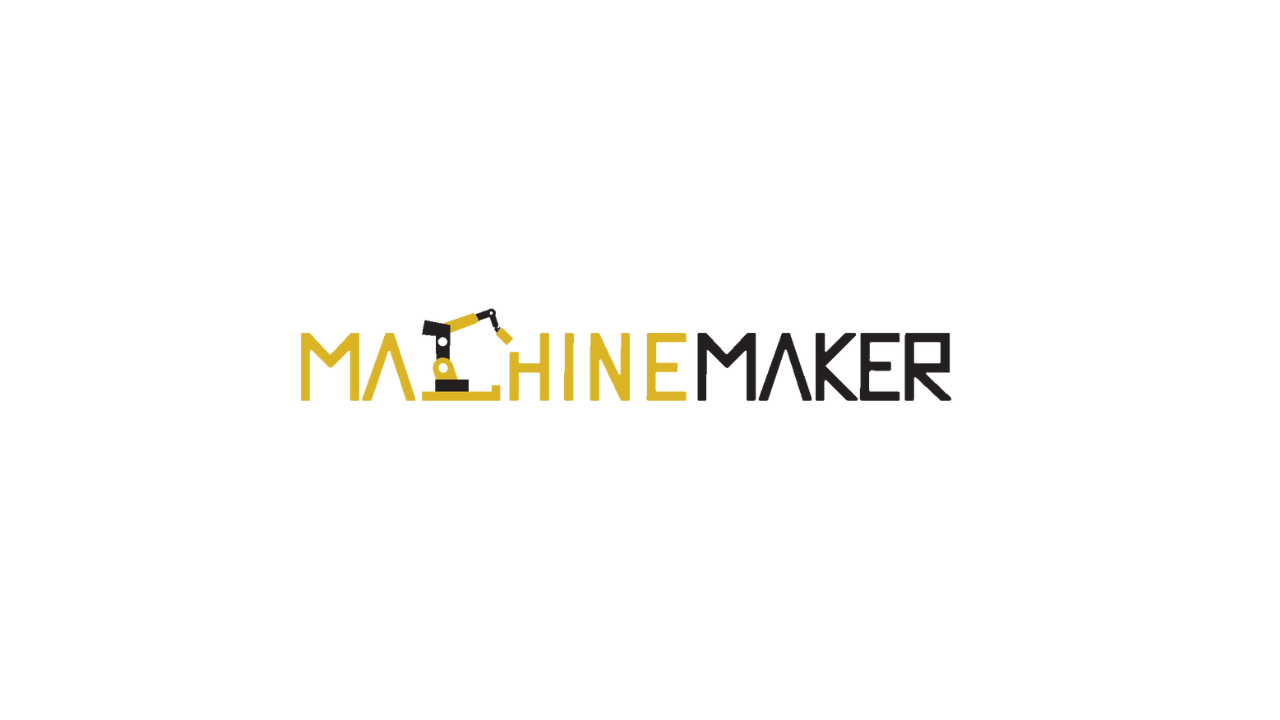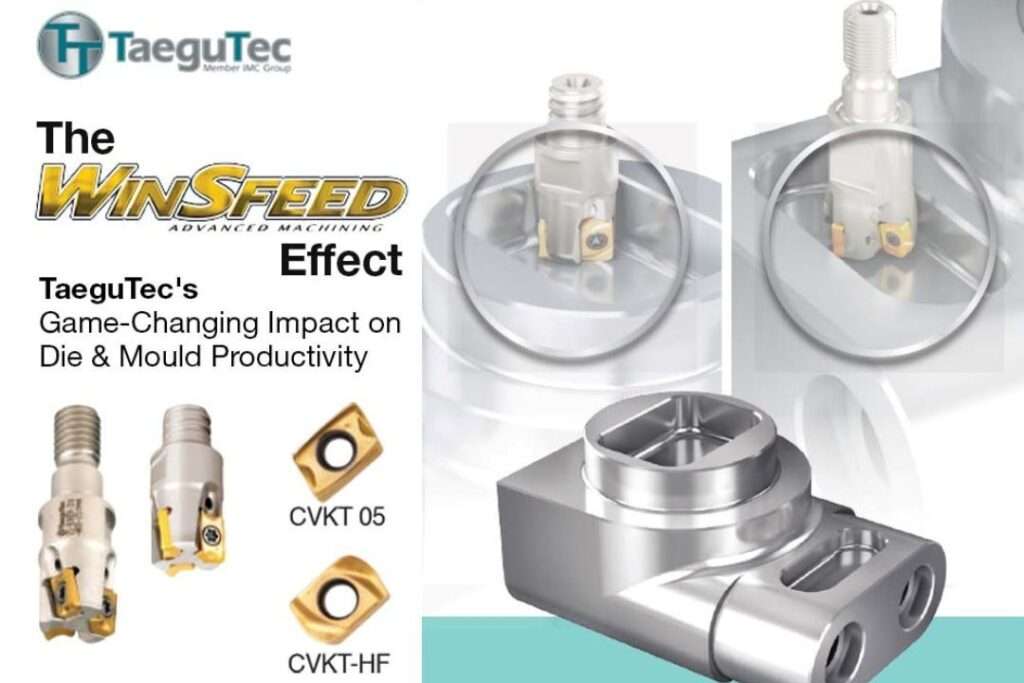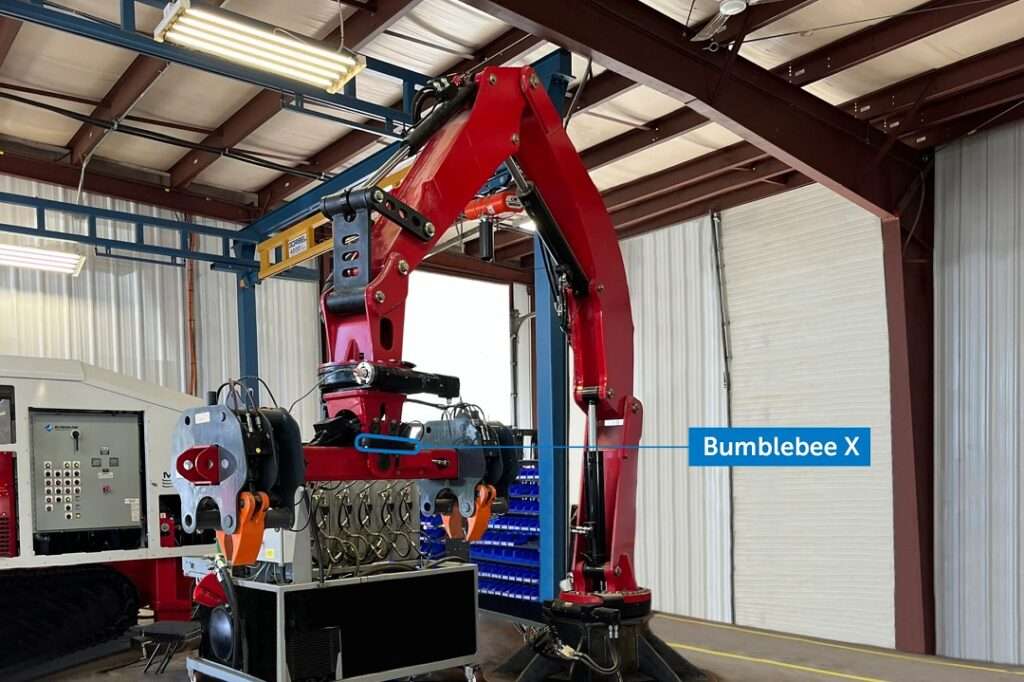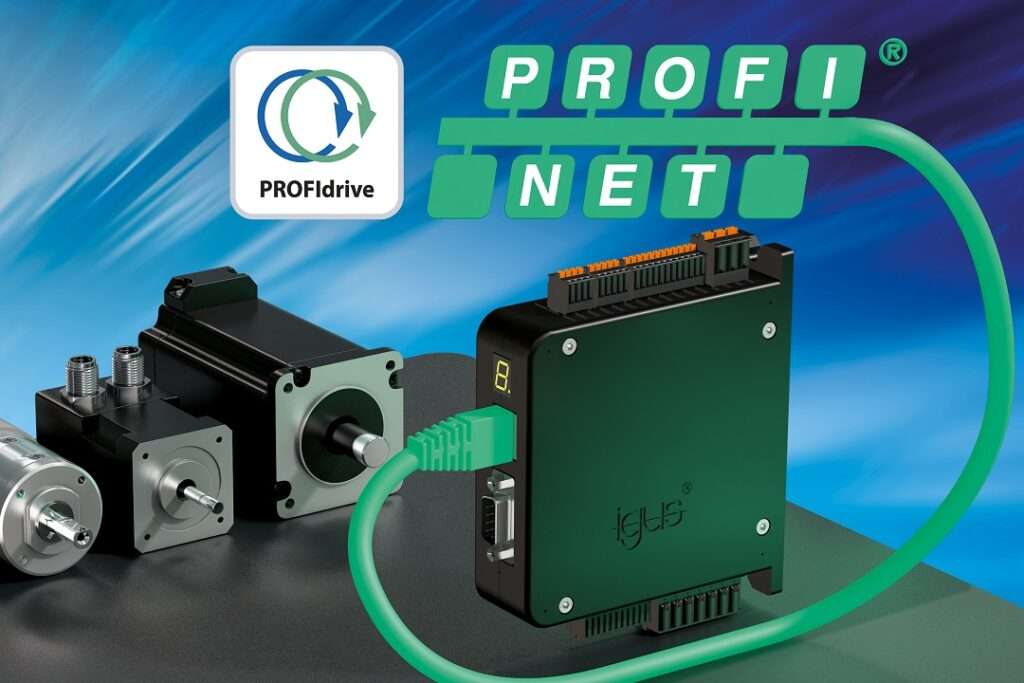Toyota Kirloskar Motor, the Indian arm of Toyota Motor Corp, has recently stated that it supports the acceleration of electric powertrain adoption in India by advocating for the simultaneous promotion of hybrid vehicles and electric vehicles (EVs). Toyota’s belief rests on the idea that stimulating demand for both hybrid EVs (HEVs) and battery EVs (BEVs) will pave the way for India to establish a robust local manufacturing base for electrified technologies at a competitive scale. Japanese car manufacturers such as Toyota and Suzuki Motor Company have consistently advocated for a diversified approach in the global shift toward cleaner transportation, prioritizing various clean mobility solutions over solely focusing on pure electric vehicles.
In India, there’s a disparity in tax benefits between electric vehicles (EVs) and self-charging hybrids or plug-in hybrids. While EVs enjoy a lower goods and service tax (GST), the latter do not receive the same advantage. The Toyota-Suzuki partnership dominates this hybrid technology market in India and holds a significant global presence in this field. Other major players from South Korea and Europe are eager to introduce hybrid vehicles into the Indian market. However, they are cautious about the competitive landscape due to the cost-effective structures established by Japanese brands.

“If there aren’t enough electric vehicles being sold in a market, then it’s a chicken and egg problem. How does a manufacturer of EV parts, let’s say e-motors, invest in India?” said Vikram Gulati, country head, Toyota Kirloskar Motor. “So either you put in some government subvention, which is already coming in through the PLI scheme, or you also on top of it add the fact that you can supply the motors not only for electric vehicles but also for hybrids because motors are common,” Gulati said. The company’s e-drive plant in India –Toyota Kirloskar Auto Parts– consists of key components of an electric powertrain which has a motor, generator, electric transmission, etc. that can be fitted into a hydrogen vehicle, EVs and self-charging hybrids. “That demand aggregated will be much bigger than coming from any one technology,” he added.
Each year, Toyota Kirloskar Auto Part exports nearly 70% of its 1,35,000 e-drive (transaxles for electrified vehicles) production to Japan. Gulati highlighted China’s effective approach in popularizing affordable electrified automotive technologies in the mass market, advocating for a similar strategy to be adopted within India’s sub- ₹10 lakh vehicle segment. “We are happy that hybrids have been taking off in the segments that they have been introduced in, in India. But keep in mind, these are not really the mass segments. Even EVs are barely touching the mass segments,” Gulati has said. “As of now, the combined share of hybrid and electric vehicles in the market is minuscule. EVs are at around 2.1-2.2% of the passenger vehicle market, while hybrids are at 1.5 or 1.8%, and together, it is hardly 3% or 4% at best. 96% of the PVs on road today continue to be gasoline, or diesel, which is not a desirable thing from any perspective,” he added.
Gulati had stressed the importance of policy backing for environmentally friendly technologies, extending beyond Battery Electric Vehicles (BEVs). Within the realm of electrified vehicles, there’s a spectrum including BEVs, robust hybrids, plug-in hybrids, hydrogen-powered, and flex-fuel vehicles. Toyota’s production of their primary internal combustion engine (IC-engine) cars such as the Fortuner and Innova in India stands at approximately 88-90%. However, for hybrids, the localization rate drops to 78-80% due to challenges in sourcing various components like rare earth magnets, specialized grades of copper, e-steel, and battery cells. Despite investing ₹4,100 crore in establishing an e-drive facility and expanding their Karnataka factory, the Japanese automaker aims for greater localization within India’s EV ecosystem. This move is aimed at curbing costs for their eco-friendly offerings in the Indian market.
Atul Sood, the Vice President overseeing sales and strategic marketing at Toyota Kirloskar Motor, conveyed strong assurance in surpassing previous sales records by the conclusion of the 2023 calendar year. “In anticipation of the growing market needs we further strengthened our portfolio to meet varied mobility needs of our customers. Our popular models, including the Hilux, Innova Hycross, Urban Cruiser Hyryder, the New Innova Crysta and the Glanza remain instrumental in driving our growth. Recent introductions such as the Vellfire and Toyota Rumion are expected to play a significant role in helping the company close the year on a high note,” Sood added.








